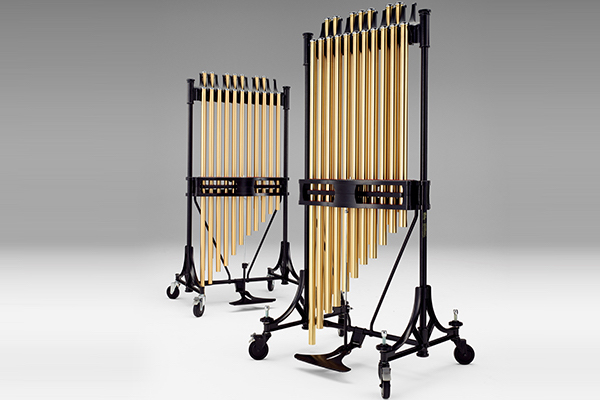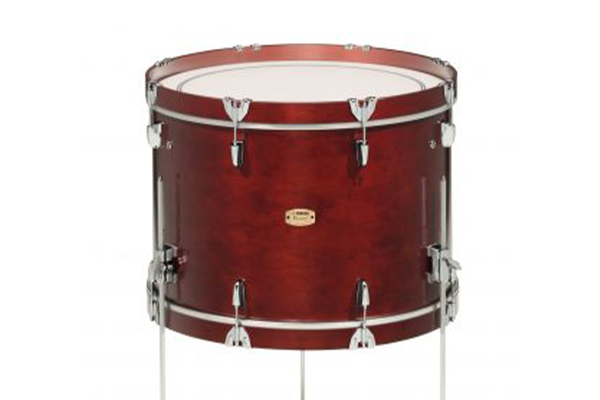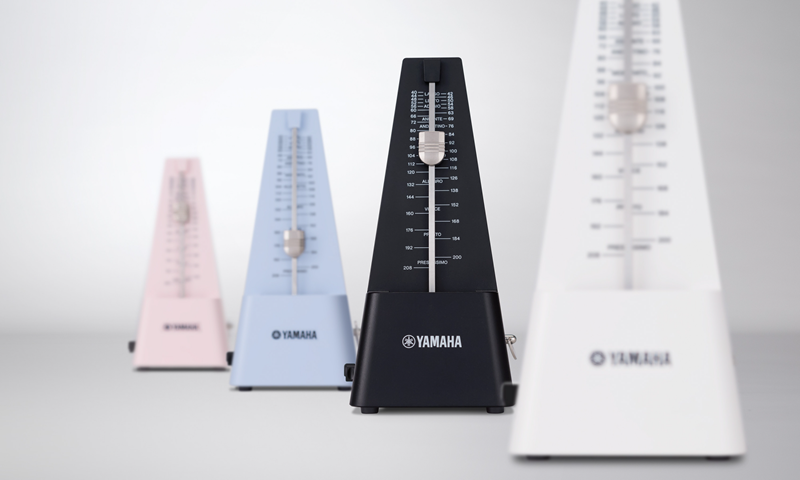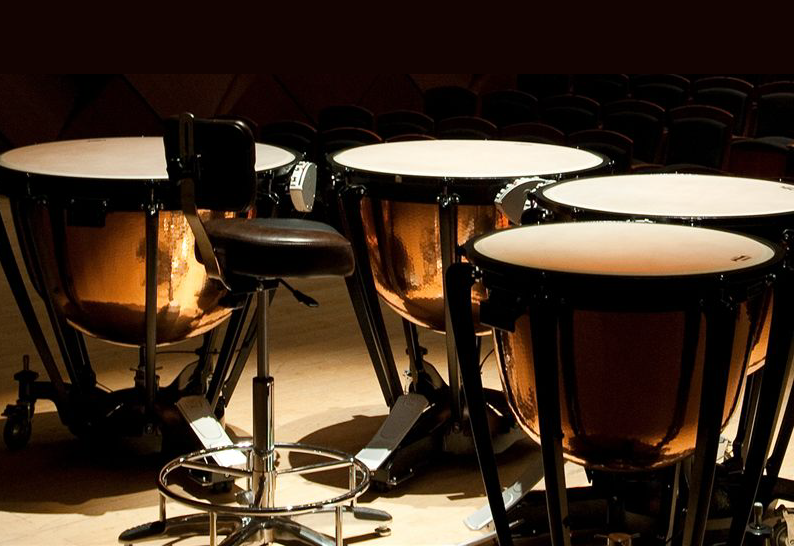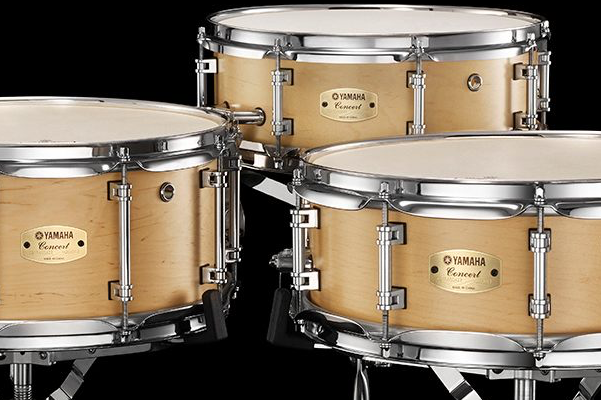Pitfalls of Drumming on a Practice Pad
Tips and tricks for maximizing your rehearsal time, and the importance of getting on a drum.
As drummers, we know how easy and convenient it is to play on a practice pad all day. But did you know that using a pad as your only practice tool may actually be doing harm to your technique? Not only that, but you could be training your ears improperly too!
In this post I will dive into the philosophy of why drumming on an actual drum – and standing up as you practice – will do wonders for your technique and approach to drumming.
Drum pads are all the rage. I probably have three or four drum pads of my own! However, when I was actively marching and auditioning for drum corps, I found three things to be true of using a practice pad:
1. No matter how advanced the technology, the feel of a drum pad is different than an actual drum.
2. Hearing my sticks striking a drum head after being on a pad for so long was really alarming! My touch and sensitivity as a drummer grew tremendously when I was practicing on a drum rather than a pad.
3. Standing up behind the drum helped me practice the posture I needed to have when performing. As athletes, we know: how you practice is how you will perform.
With this in mind, I am by no means saying drum pads are not useful – quite the contrary. Drum pads are excellent additions to your practice, and are to be used as such. When you are up at midnight, and you just need to get that last rep of swinging double triple in, a practice pad will be appreciated! Likewise, when you are on the bus to a show, getting the drums out and standing up may be a bit too difficult a task.
However, if you are drumming on a pad ONLY, you are doing yourself a great disservice. Not only are you developing your chops and hands to be comfortable with, and acclimated to the pad, you are not growing your sense of listening and hearing – skills that are all too often overlooked in drummers. Listening and hearing are two very different tasks (something we’ll cover in a future blog post), and as drummers, we often overlook their respective roles. How can you expect to develop your sense of hearing and the sound quality you get from your instrument if you never practice with it?
You would not show up to a race having not trained. You would not try out for quarterback having never thrown the ball. Don’t show up to an audition having never drummed on a drum!
Of course, access to a drum is not a reality for everyone, so here are three suggestions:
– For those in drumline or university band – ask your band director to obtain a drum for you.
– For those out of school – eBay and Craigslist sometimes show individual drums for sale.
– For anyone – contact your local music dealer and search their inventory for used drums, often they are only barely used.
A Few More Tips to Get the Most Out of Your Practice
If you want to be a serious player, you have to be serious about your practice. For me, the more time I was carving out of my schedule to dedicate to practice, the more I found myself prioritizing these items:
1. Practicing on an actual drum and not a pad.
2. Using a metronome either out loud, or plugged into headphones.
3. Standing behind my drum and marking time.
4. Drumming in front of a mirror to check for technical mistakes.
These are all tips that can help improve your technique and develop your potential as a performing artist. They require you to drop the pad and get on a drum, and to use a metronome when you practice. Being great at something takes time and a commitment to doing the right things.
Lastly, don’t forget – drumming is an art, so be sure you’re painting on the correct palette!











